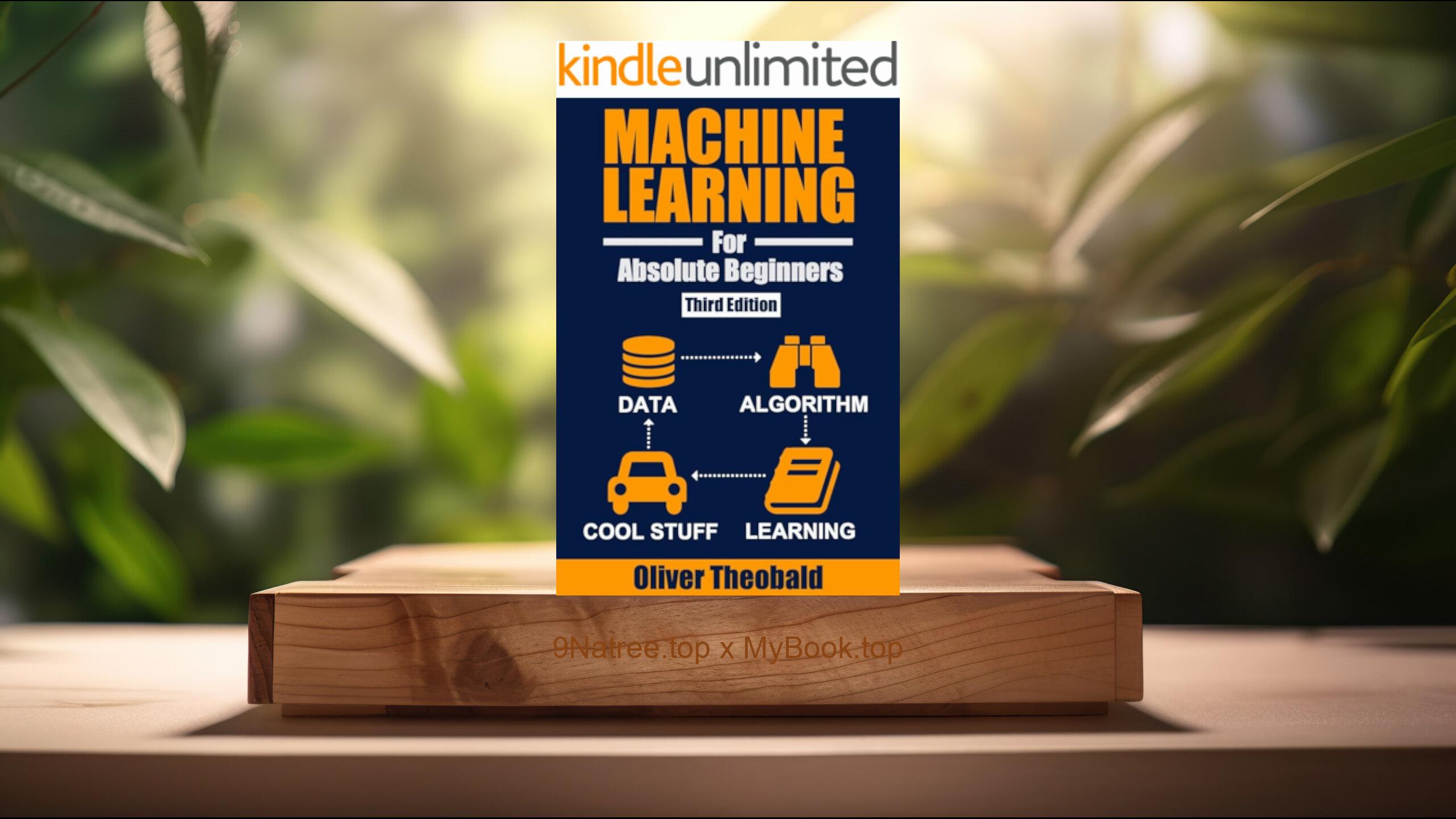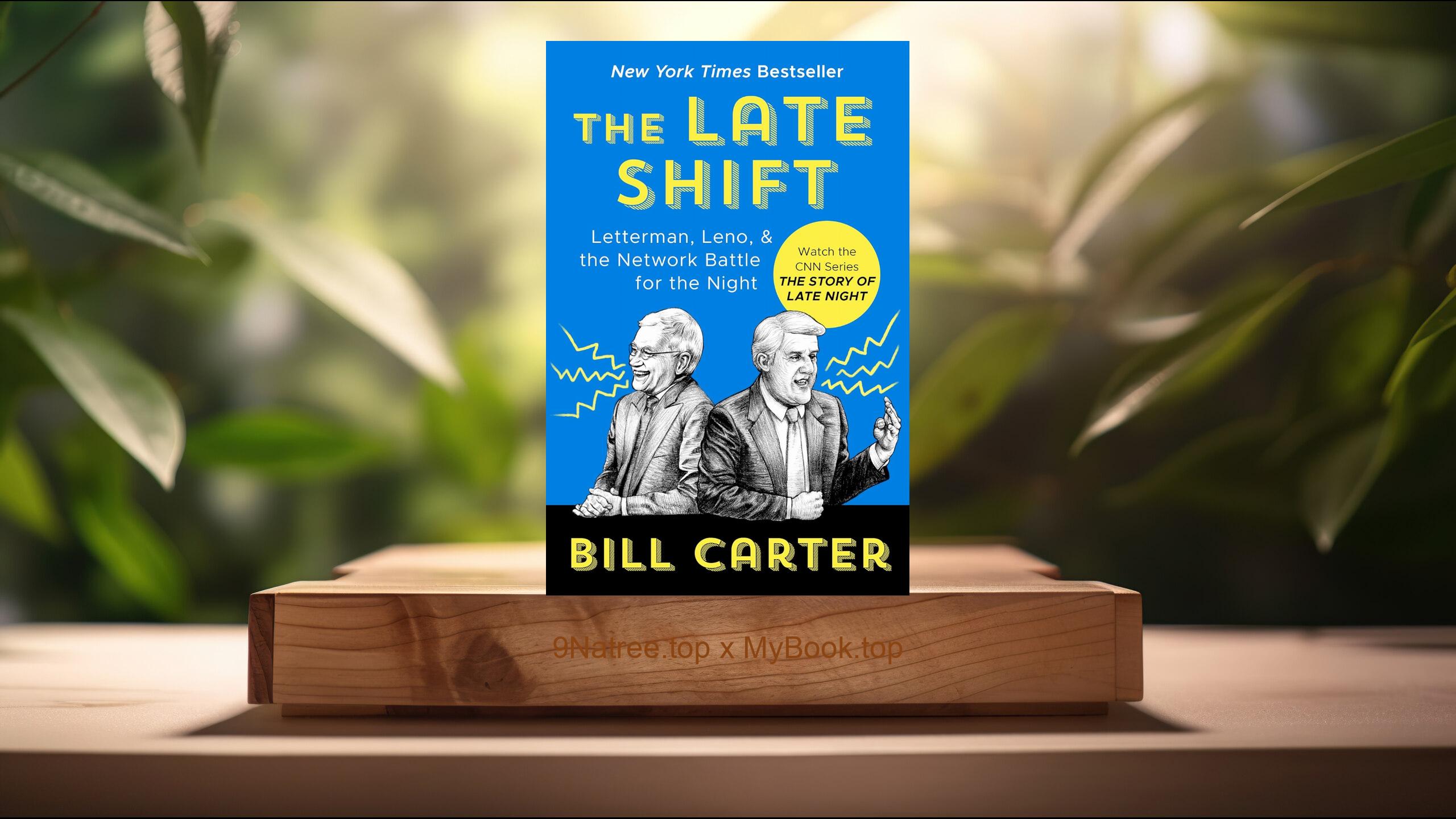Show Notes
- Amazon USA Store: https://www.amazon.com/dp/B009QWNFG4?tag=9natree-20
- Amazon Worldwide Store: https://global.buys.trade/Knowledge-and-Decisions-Thomas-Sowell.html
- Apple Books: https://books.apple.com/us/audiobook/knowledge-and-decisions/id1646176670?itsct=books_box_link&itscg=30200&ls=1&at=1001l3bAw&ct=9natree
- eBay: https://www.ebay.com/sch/i.html?_nkw=Knowledge+and+Decisions+Thomas+Sowell+&mkcid=1&mkrid=711-53200-19255-0&siteid=0&campid=5339060787&customid=9natree&toolid=10001&mkevt=1
- Read more: https://mybook.top/read/B009QWNFG4/
#Decisionmaking #Economictheory #Institutionalstructures #Socialpolicy #Pricesystem #Knowledgedissemination #Incentives #Tradeoffs #KnowledgeandDecisions
These are takeaways from this book.
Firstly, The Role of Knowledge in Society, Thomas Sowell lays the foundation of his argument by addressing the pivotal role knowledge plays within societal structures. He asserts that the dispersion of knowledge and the mechanisms through which it is communicated significantly affect the efficiency and effectiveness of decisions made by individuals and institutions. The author challenges the centralized approach to decision-making, arguing that a decentralized process, where individuals harness and act upon local knowledge, can lead to more adaptable and nuanced outcomes. Sowell emphasizes that understanding the limitations and the potential of knowledge is crucial for crafting policies that empower rather than impede individual initiative and societal progress.
Secondly, The Prices System as a Knowledge Mechanism, A key component of Sowell's thesis is the examination of the price system as a means of communicating knowledge. He eloquently explains how prices not only reflect supply and demand but also act as a signaling mechanism that informs and coordinates the decisions of countless individuals and organizations, without requiring centralized control. By delving into the intricacies of how prices encode and disseminate information across different sectors and geographic areas, Sowell elucidates the intricacy and efficiency of market systems in allocating resources and adapting to changes. This perspective champions the price system as a pivotal tool for decision-making that harnesses dispersed knowledge.
Thirdly, Incentives and Institutions, Sowell explores the critical role of incentives in shaping the decisions of individuals and organizations. He argues that the structure and nature of incentives within institutions significantly affect the behavior of agents and, ultimately, the outcomes of decisions. The author distinguishes between 'self-interest' and 'greed,' highlighting how institutions can design incentives that align individual goals with broader societal needs. By analyzing the interplay between incentives, institutional frameworks, and decision-making processes, Sowell provides a nuanced understanding of how policies can encourage productive behavior and mitigate potential conflicts of interest.
Fourthly, Trade-offs and Decisions, A recurring theme in 'Knowledge and Decisions' is the concept of trade-offs, a crucial aspect of decision-making that impacts individuals and policy-makers alike. Sowell emphasizes that every decision entails trade-offs, as allocating resources to one area necessitates sacrifices in another. Through a series of case studies and theoretical insights, he illustrates the importance of acknowledging and evaluating these trade-offs to make informed, rational choices. Sowell's discussion on trade-offs is a sobering reminder of the inherent constraints faced by decision-makers and the necessity of prioritizing among competing values and interests.
Lastly, The Limits of Social Engineering, Thomas Sowell critically assesses the ambitions and limitations of social engineering, arguing that attempts to control or significantly manipulate societal outcomes often underestimate the complexity of human behavior and the dispersion of knowledge. He warns against the overconfidence of policymakers in their ability to design and implement comprehensive solutions to social problems. By presenting case studies and theoretical arguments, Sowell underscores the unintended consequences of well-intentioned policies, advocating for a more humble, decentralized approach to social planning. This discussion raises fundamental questions about the nature of government intervention and the limits of human knowledge in crafting societal changes.
![[Review] Knowledge and Decisions (Thomas Sowell) Summarized](https://episodes.castos.com/660078c6833215-59505987/images/1991613/c1a-085k3-xxwnd3n1ax4v-45qasa.jpg)




